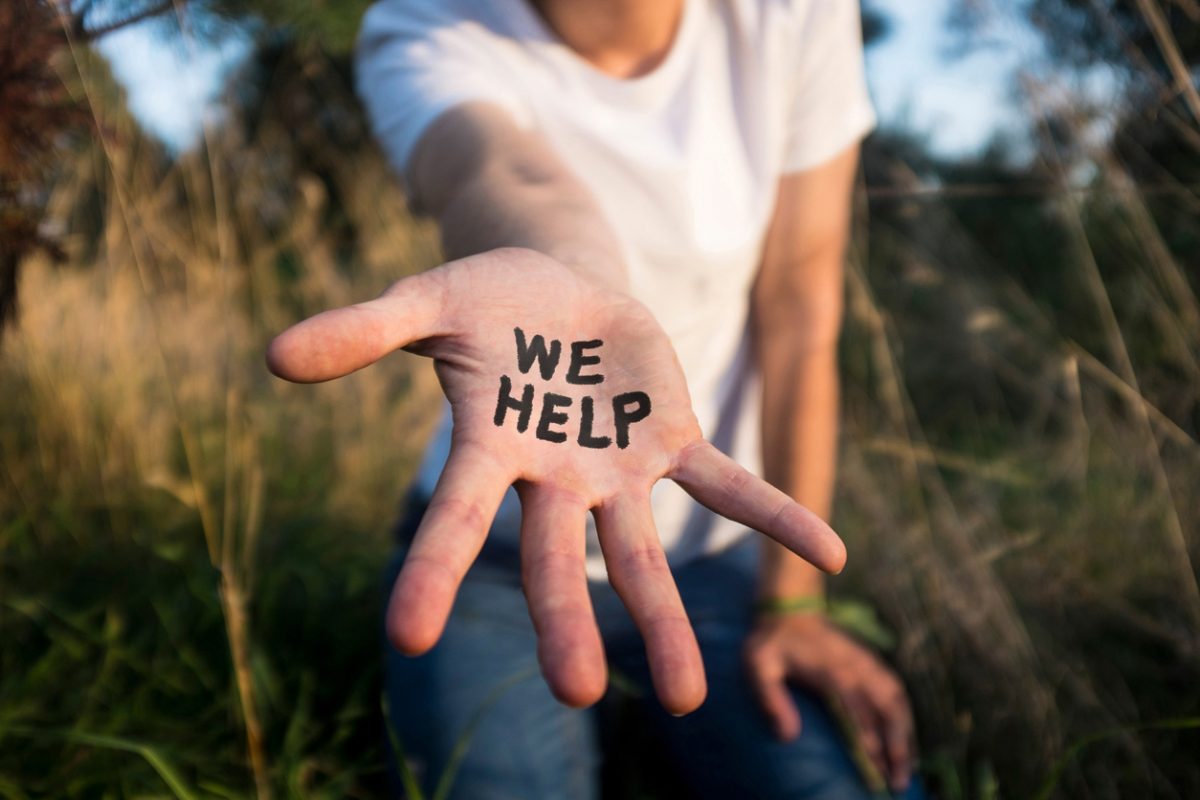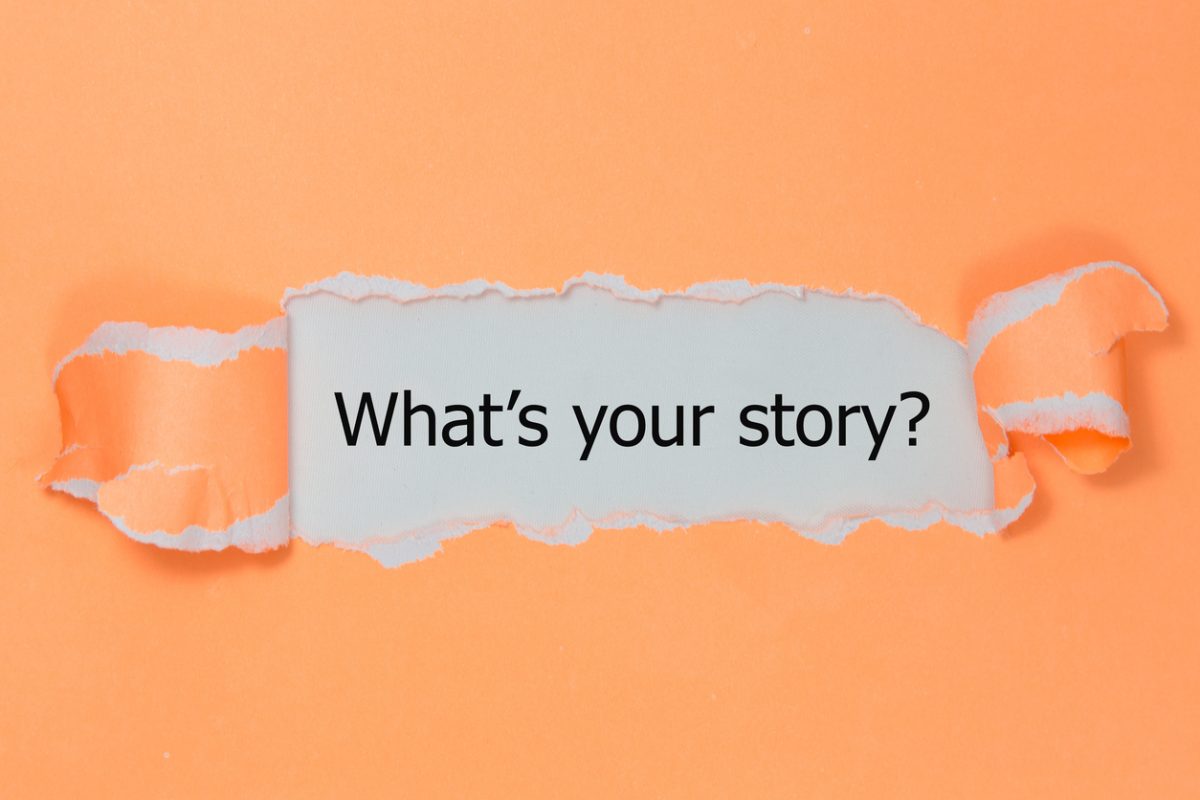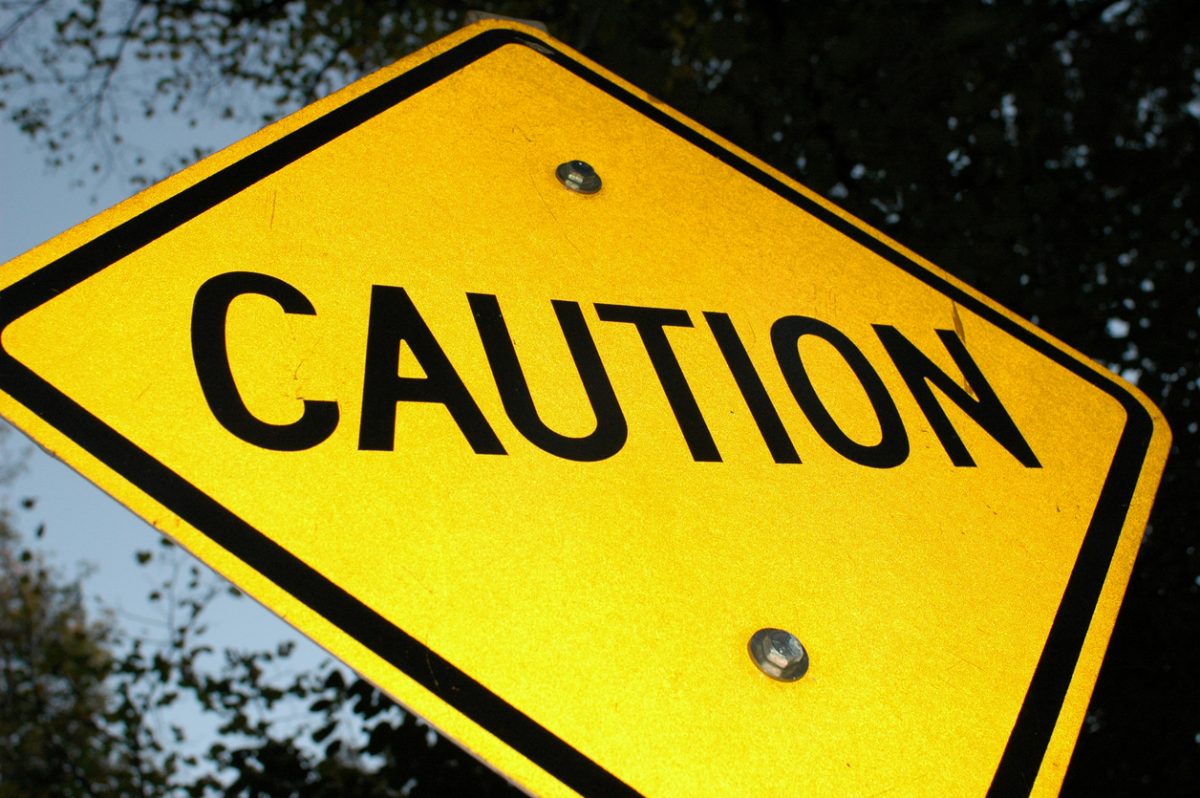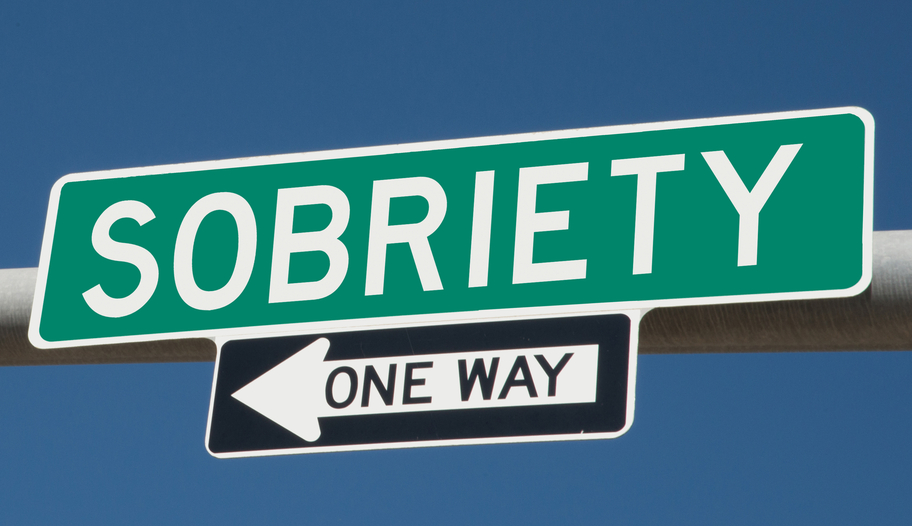
If you ever attend an Alcoholics Anonymous (AA) meeting, you will undoubtedly hear about the program’s 12th and final step:
Step 12: Having had a spiritual awakening as the result of these steps, we tried to carry this message to alcoholics, and to practice these principles in all our affairs.
This important and final step isn’t something that recovering addicts focus on until they gain a strong foothold in their own recovery process, but it is immensely valuable to them when they do. Service to others teaches us everything from compassion to patience and even gratitude for own ability to escape addiction, not to mention the many ways it benefits people in recovery.
Most people have at least a baseline understanding of why volunteering and helping others is such a good thing. But do you understand why it’s so valuable in recovery? If not, you’re in luck; we’re about to break it down right now.
Supports Your Recovery
Before we have the opportunity to help others, we must first help ourselves. Recognizing how service to others benefits you is the first step to understanding what makes it so important.
No matter where you go for assistance with your addiction, you’ll find others who came before you waiting. Recovering addicts often go on to become counselors, therapists, addiction nurses, and nursing assistants in residential facilities all across the country. They lead AA meetings, do outreach work, and sometimes, just lend a helpful ear to other addicts.
Recovering addicts who work within the addiction industry understand what you’ve been through and what it takes to come out the other side. In nearly all cases, they, too, have benefitted from the attention of a recovering addict early on their journey.
The adventure comes full-circle with each newly recovered addict helping those still at rock bottom. In this way, the movement grows and more people reach healing over time. It’s important to be grateful for that help – much of which comes in the form of volunteer work – as you make your way into a sober life.
Improves Your Mood
Whether it’s within the recovery industry or just at your local animal shelter, service to others can improve your mood. This is a fact that science can demonstrate quite clearly; studies like this one show a clear link between regularly helping others and feeling happier, less anxious, and less depressed.
In fact, one London School of Economics study showed that people who volunteered at least once every two to four weeks reported feeling happier than their non-volunteering counterparts – to the tune of almost 12 percent. In the recovery industry, where mood disorders and dual diagnoses are common, that’s a significant improvement.
Gives You Purpose
One of the most common complaints from people struggling with recovery is that they feel like they’ve lost their purpose or identity. Our lives become so entrenched in finding substances or seeking out behaviors that it becomes our entire being, even if it’s also what’s killing us at the same time. When that substance or behavior is suddenly removed from the equation, we’re left with facing up to our original selves and finding our place in life all over again. That can admittedly feel terrifying.
By volunteering or giving back to others, you give yourself a purpose, even if that goal is temporary. It’s a constant reminder of the fact that you are worthy of life (a sober life, at that), that you have something to offer, and that you deserve love just as much as everyone else. There’s nothing quite like feeling needed, and people who are fresh into sober living can certainly benefit from the lessons you have to teach them after you’ve walked the path for a while yourself.
There’s also nothing quite like the satisfaction of talking someone out of using when they call you, their sponsor, in the middle of the night. Sometimes what we need most is just a friendly ear. Never doubt how much you provide just by offering someone a friendly ear.
Teaches You Valuable Social Skills
For most of us, re-learning how to socialize after we get sober is…well, challenging. We’re so used to the effects of drugs, alcohol, or even sex soothing awkwardness and getting us through challenging social situations that we’re sort of lost and delirious after it’s taken away. But that’s not a bad thing; learning to socialize without substances can lead to deeper, richer, more meaningful relationships with family, lovers, and friends.
Serving others (particularly other addicts) is always a learning experience, especially when it comes to social skills. It’s no secret that it can be challenging to watch other recovering addicts go through what you once went through. But the fact that you will learn how best to support them at rock bottom while still caring for your own mental health? That’s a life lesson you can apply all across the board.
Volunteering teaches us how to meet people where they are without risking ourselves in the process. We learn how to draw safe boundaries, how to hold onto those boundaries, and when to cut the rope and back off if it’s unhealthy. Best of all, we learn how to interact and appreciate the goodness inherent in people from all walks of life.
Reminds You of Your Roots
One of the most important ways helping others find their way benefits us in recovery is through the simple fact that it reminds us of our own recovery roots. Losing your connection with your recovery community is dangerous; immersed in an average life with no focus on recovery, it becomes easy to forget all of the struggle. We start to lose sight of that severe detox, the withdrawals, the people we hurt, and how much we lost because of substances.
You may even start to view occasional use or indulgence through rose-colored glasses, especially if you’ve had a drink or two without going overboard in the past. We can begin to convince ourselves that we’re normal, our lives are normal, and there’s no longer a reason to work our steps our plan. That’s exactly what leads to sudden and extreme relapses, many of which can have devastating consequences.
By helping others find their way, you stay humble and cognizant of how far you’ve come. Sure, it’s not easy to see someone struggling during the worst of times, but it is a stark reminder of how fast casual use can get out of hand. Cultivating compassion for people in that situation can even help us to reflect and cultivate compassion for ourselves.









